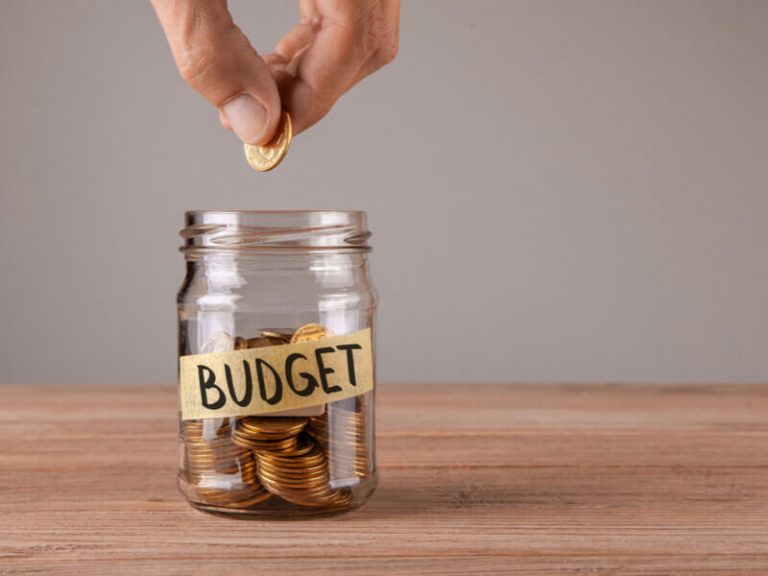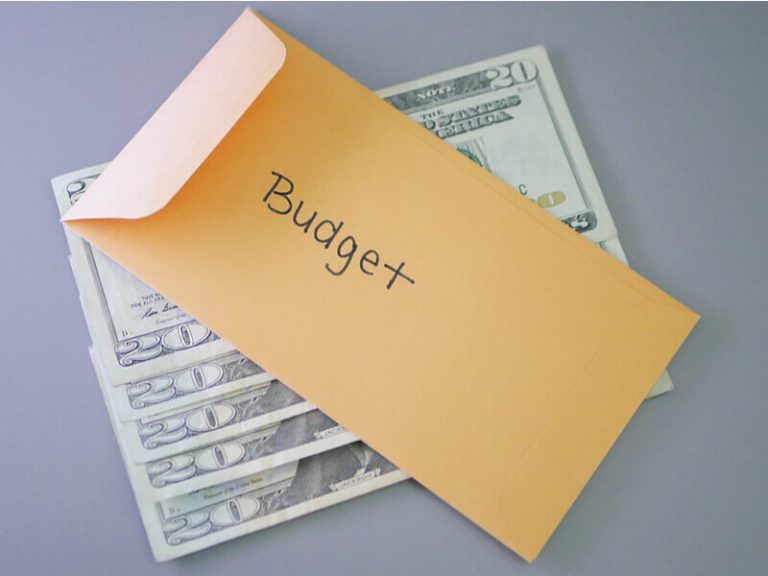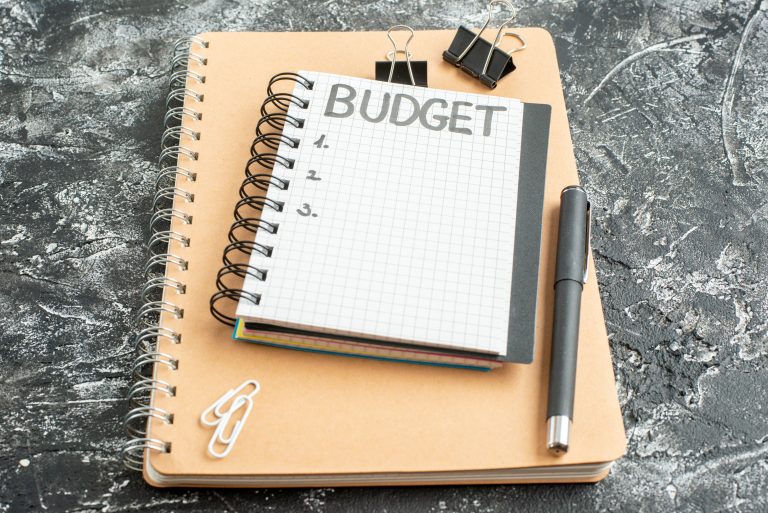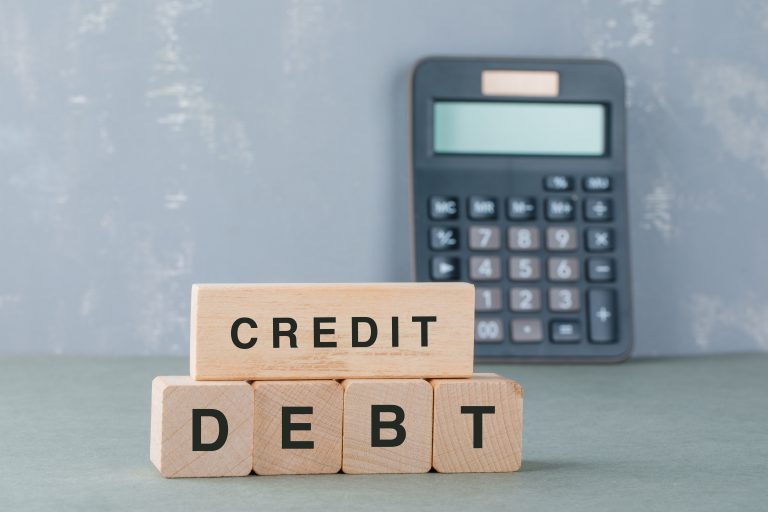In order to properly manage your finances, learning “Budget 101” or how to build a budget is absolutely necessary. As emphasized in LendcoFunding reviews and ratings, budgeting is the foundation of all successful debt management strategies. It’s instrumental in accomplishing financial goals, including savings and debt repayment.
When budgeting for debt payoff, research the best debt consolidation loan companies to potentially reduce your monthly obligations.
There are many methods such as the Envelope System and the 50/30/20 Budget. Choose one and commit to it in order to improve your long-term personal finance.
What is budget?

How to build a budget
There are many ways to write your financial plan in this Budget 101 article, but most of them follow the same procedure. Learning how to build a budget starts with determining the purpose of it first.
Then, you must write a budget spreadsheet using your personal income and expenditure. Next, you should compare that against your previous spending records, so you may adjust your budget accordingly.
Determine budget goals
The first step involves figuring out your reason for planning. Setting clear goals is crucial to the success of any undertaking, and budgeting is no exception. For example, a goal-based budget may be intended to pay off your credit cards or to save for a vacation. Learn effective strategies in our guide on how to pay off debt.
This will help you determine how your short-term spending must be, so you can achieve long-term financial success.
Write a budget spreadsheet
After looking into your future goals, you must understand your current situation. In personal finance, this means analyzing your monthly income and expenses. Start by calculating your monthly salary after deducting taxes. This is the money you’ll work with, along with the monthly expenses, listed on your budget spreadsheet.

Then, you must gather all your financial records, including those from your bank account and billing statements. Get all the ones belonging to a single month, then categorize them as variable expenses or fixed expenses. The former includes stuff that has fluctuating balances like groceries and gasoline. In contrast, the latter involves stuff that has specific balances every month, such as rent or mortgages.
Identify which ones you can live without, and list them as discretionary expenses. These include online streaming subscriptions and unused gym memberships. Once you’re done, you should have a budget spreadsheet containing your post-tax salary, necessary expenditure, and discretionary spending.
This will help you prioritize which services or products you should keep and which ones to forego.
Trying a budgeting plan
If you’re struggling to create a budget, don’t worry as there are many trusty techniques you may follow. The most well-known among them is known as the 50/30/20 budget and the Envelope System.
Both of them set how much you’ll allocate for each part of your monthly budget. Additionally, you may check out online resources for free information regarding budget plans.
The 50/30/20 budget
This divides your expenses into three categories: stuff you need, stuff you want, and your savings. The 50/30/20 budget requires that you allocate half of your monthly salary to your necessities. Around 30% should go to stuff you like, as a way to treat yourself for your hard-earned money. Then, the remaining 20% should be set aside for an emergency fund.
You may be wondering why this budget plan sets money aside for buying stuff on a whim. Actually, this is a great benefit of the 50/30/20 budget since it provides flexibility to your budget. After all, most people don’t have exact monthly expenditures, and some may need to adjust their budget due to circumstances. In turn, the plan better suits peoples’ usual spending behaviors.
For instance, an individual may encounter an unforeseen medical emergency, usually too much for peoples’ savings accounts. If you’ve fully exhausted your 20%, you may add the 30% for that urgent need. On the other hand, you may miscalculate your budget on your first try, and the 30% may help you improve it. Also, it may help you with smaller, unexpected spending you sometimes encounter.
More importantly, it helps people stick to the budget longer. If it’s too strict, you might not bear with the program for long. You should enjoy your hard-earned money! A budget should guide all your spending, not simply to stop you from buying things you like.
The envelope system

To start, you must determine your required amounts for all necessary and discretionary expenses. You may use the steps mentioned earlier to help with this procedure.
Then, determine how much you may allocate for each expense from your first and second monthly paychecks. Next, get some envelopes and label each one for each expense. You may also get various colors to better organize your spending envelopes. On your next paycheck, allocate the specific amount each envelope needs.
Take note that the money inside must only be used for the specified purpose. For instance, your “Groceries” envelope should not be used for car loans or utility bills. If you forgot to bring the assigned envelope, you must not use others to cover for it.
Moreover, you may not spend more than what’s inside, so you must fit your spending with the set allocation. If there’s some left, put it back and keep it for its intended purpose.
A key advantage of this method is that it helps discipline those who follow it. As you only spend the money you have on hand, you get tangible effects from your budget plan. If you spend mostly online, the envelopes may list your expenses instead. As for those with families, they must discuss this plan with the members, so it can be properly followed.
While trying a budget plan is great, sticking to it until the end is better. Regardless of which method you choose, its success relies on your discipline and dedication. More importantly, you must follow good money habits in order to further help your personal finances. While there are government safety nets like social security, nothing will trump sound financial management.







